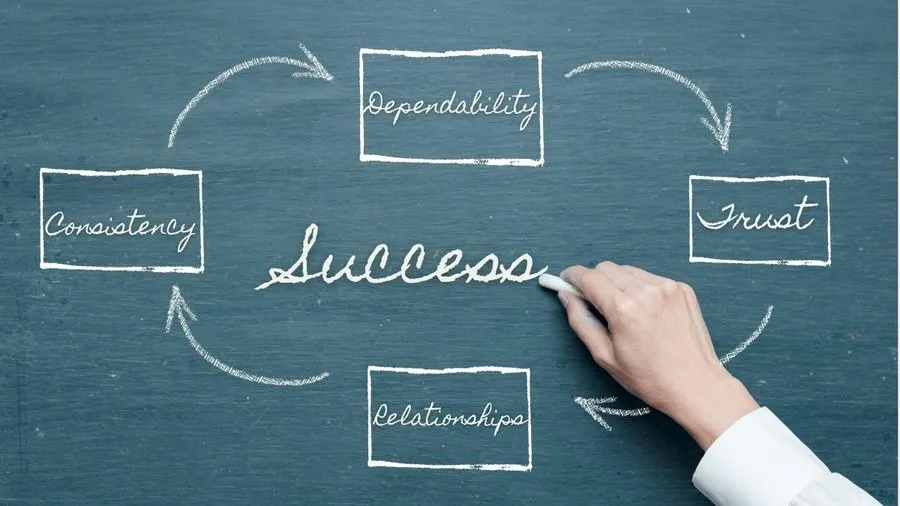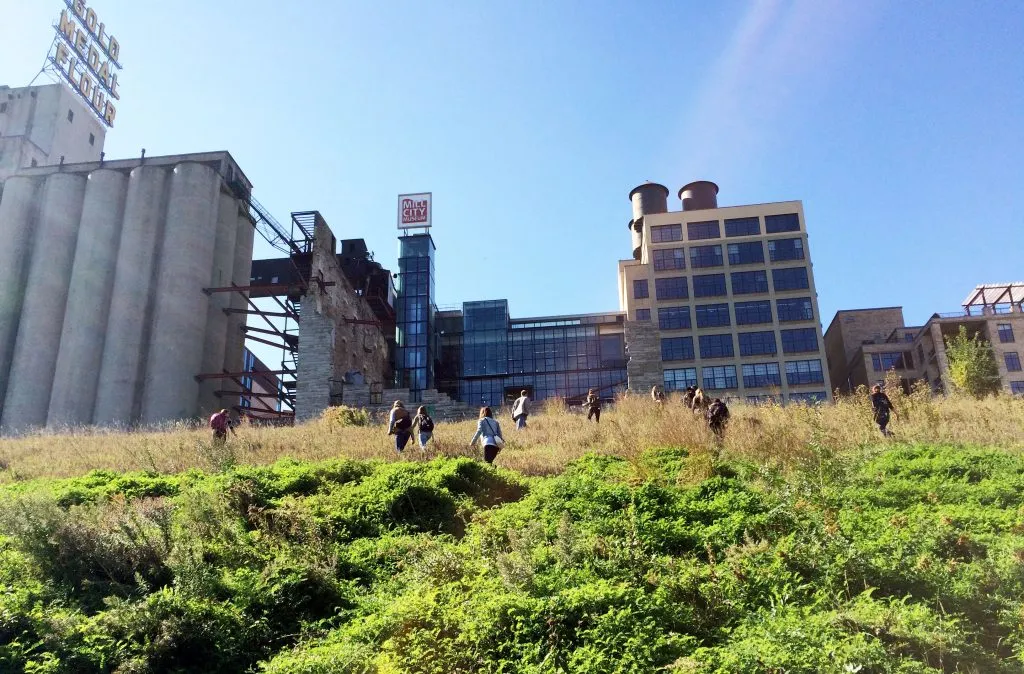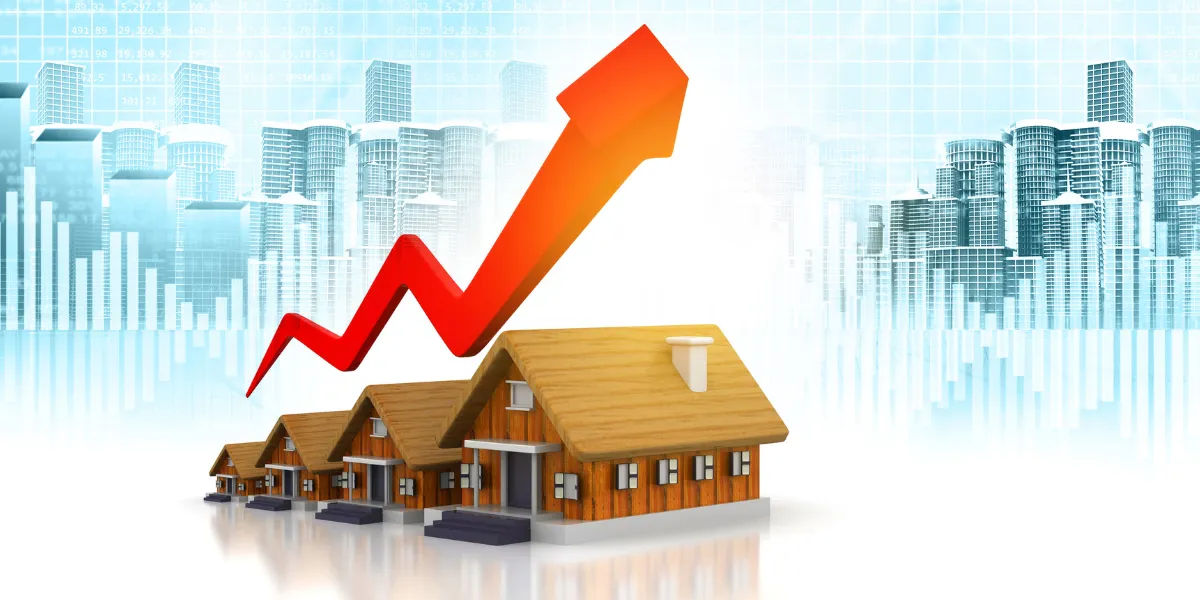Introduction
The real estate industry is undergoing rapid transformation, and modern developers are at the forefront of this change. Their work is defined not only by the buildings they create but also by the vision and innovation they bring to every project. Unlike traditional approaches that focus solely on construction, modern developers embrace technology, sustainability, and lifestyle integration to deliver spaces that meet the evolving demands of society. From residential towers to mixed-use communities, these developers are redefining what it means to build for the future.
Modern developers distinguish themselves through adaptability and innovation. They approach projects with a forward-thinking mindset, ensuring that every aspect of design and execution aligns with contemporary needs and future growth. Technology plays a central role in their work, with many projects incorporating smart-home systems, advanced building materials, and digital planning tools that streamline both construction and management. These innovations not only enhance efficiency but also create living and working environments that are safer, smarter, and more comfortable.
Sustainability has also become a defining characteristic of modern development. Developers are increasingly integrating eco-friendly practices such as energy-efficient systems, renewable power sources, water conservation technologies, and green architecture. By prioritizing environmental responsibility, they address the growing concerns of buyers, tenants, and investors who value long-term sustainability alongside modern convenience. This commitment ensures that developments remain relevant and resilient in a world facing environmental challenges.
Another hallmark of modern developers is their focus on lifestyle integration. Projects are no longer just about physical structures but about fostering communities and enhancing everyday living. Residential developments often feature shared amenities, wellness-focused spaces, and connectivity to business hubs, while commercial and mixed-use projects prioritize accessibility, flexibility, and convenience. The result is a holistic approach that prioritizes not only the functionality of a building but also the overall experience it provides.
From an investment perspective, modern developers bring added value by anticipating trends and positioning their projects for long-term success. Their ability to balance design innovation with financial viability makes their work appealing to investors and end-users alike. Whether through smart city initiatives, digital real estate platforms, or cutting-edge design strategies, modern developers continue to set new benchmarks in the industry.
Conclusion
Modern developers are more than builders; they are innovators shaping the future of real estate. By embracing technology, sustainability, and lifestyle-focused design, they create projects that respond to the changing needs of society while preparing for challenges ahead. Their work not only transforms skylines but also redefines how people live, work, and connect in the modern world.




